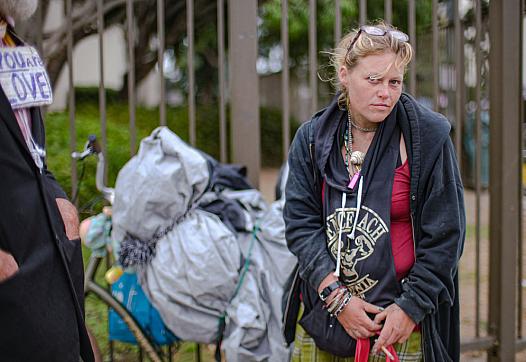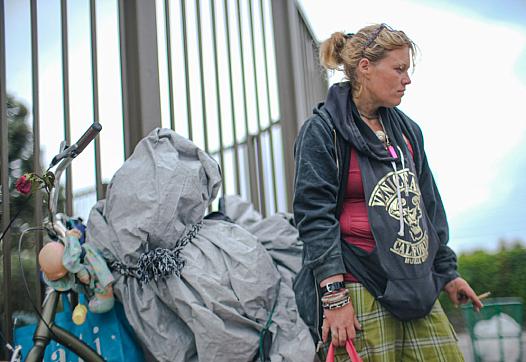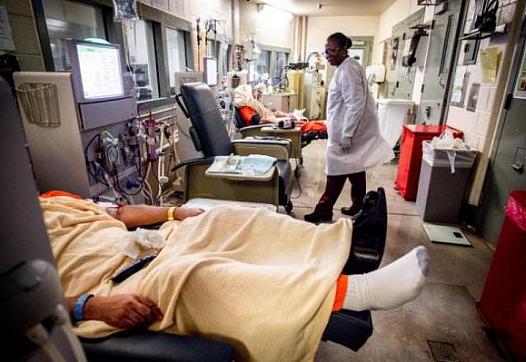
Darryl Lester was at his mom’s place in Tacoma, Washington, when a letter he’d been waiting for arrived in the mail. At 40, he was destitute, in pain and out of work.

Darryl Lester was at his mom’s place in Tacoma, Washington, when a letter he’d been waiting for arrived in the mail. At 40, he was destitute, in pain and out of work.

There's an urgent need for better media stories that sort through the proposals and give basic descriptions of what the major plans to lower prices would do.

How an agency charged with protecting public health gave talking points to the lead-battery industry.

Nearly one out of every five kidneys donated in the United States ends up in the trash. At the same time, approximately 5,000 people die every year while waiting for a kidney.

This story was produced as part of a larger project led by Gary Walker, a participant in the USC Center for Health Journalism's California Fellowship....

This story was produced as part of a larger project led by Gary Walker, a participant in the USC Center for Health Journalism's California Fellowship....

Health officials took eight days to send letters to parents of children possibly contaminated by lead. And not everyone received a letter.

A reporter shares five key sources to help others exploring health care problems in California jails, and some critical caveats you should keep in mind before turning to them.

Special interests have been lobbying hard and working the airwaves to convince consumers that any Congressional efforts to correct the surprise billing problem may actually harm patients.

The legislative fight in Ohio that tanked several health care bills is a dark sign of the much fiercer fight to come in Congress over surprise bills and patient protections.